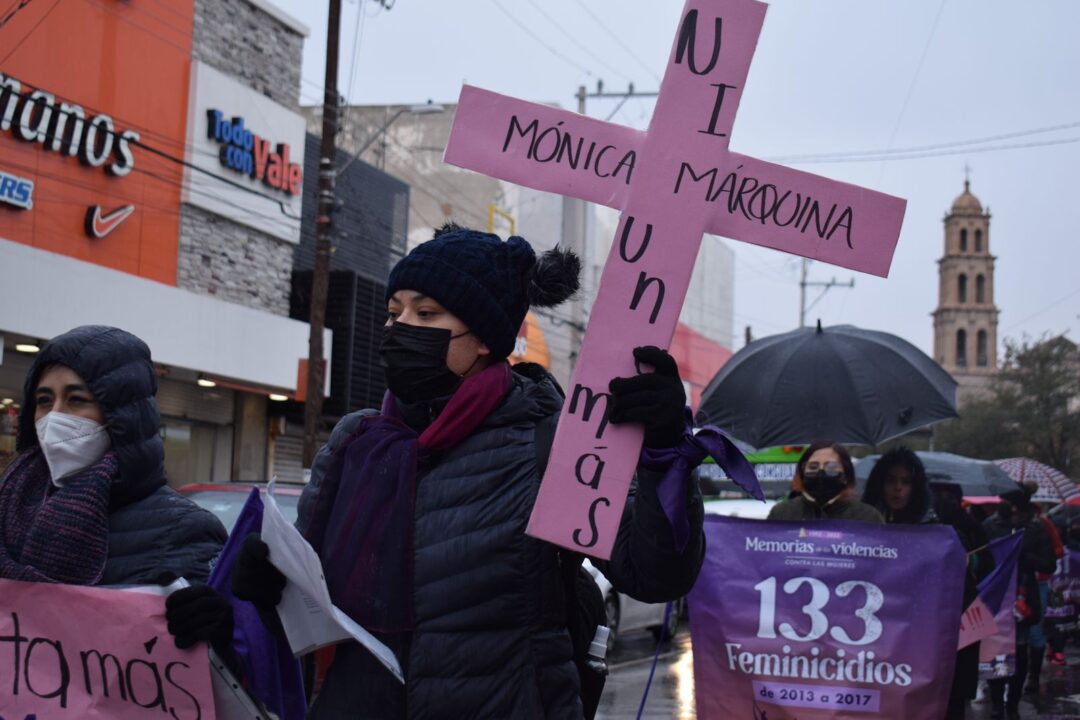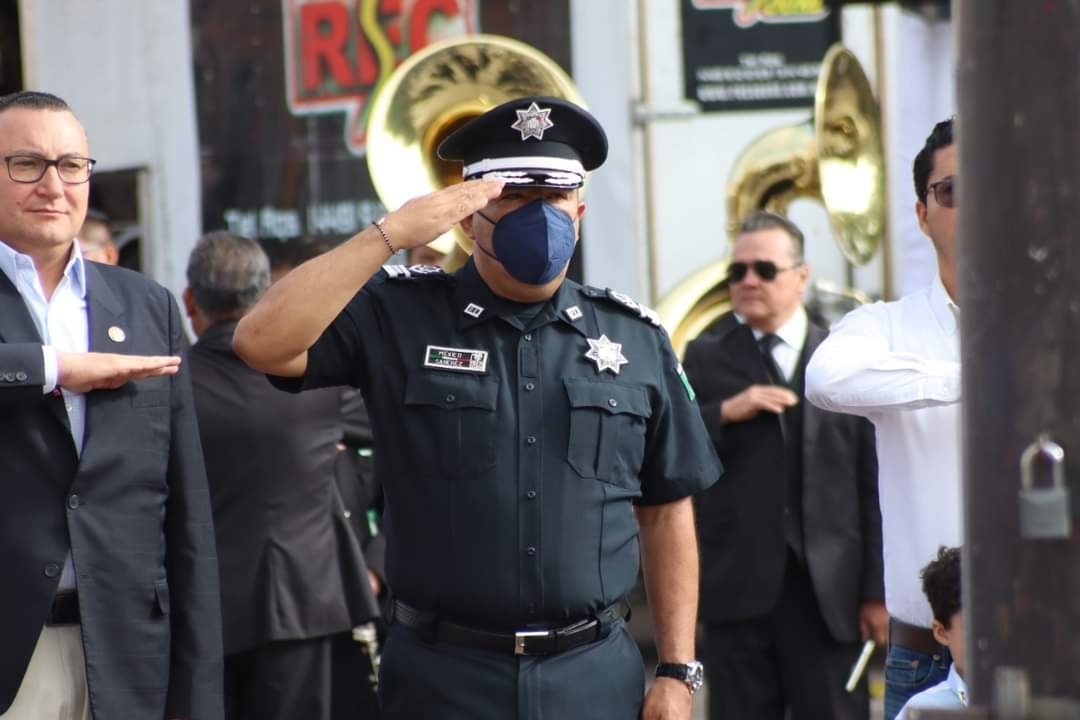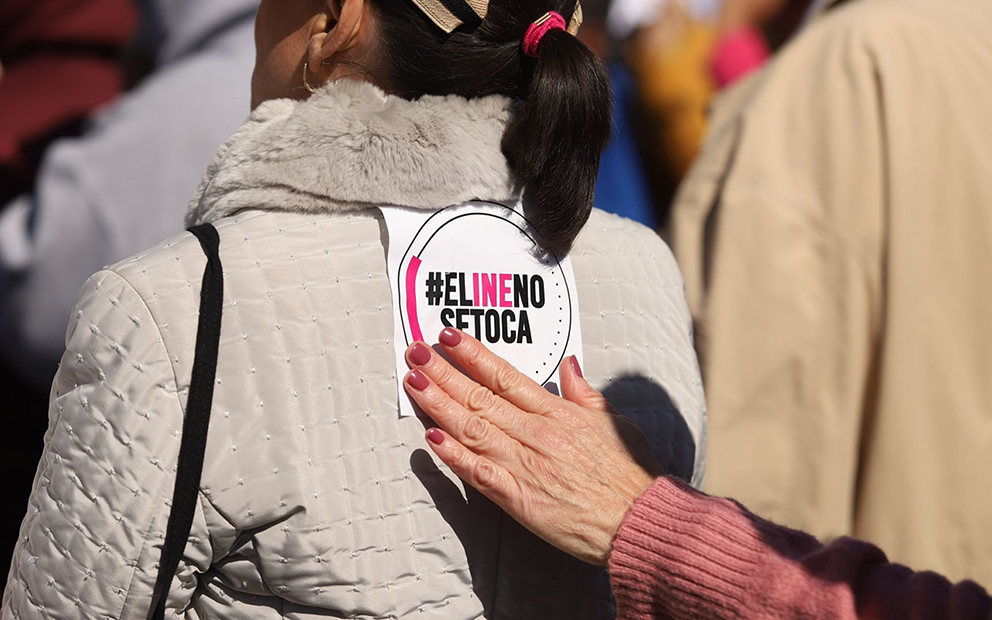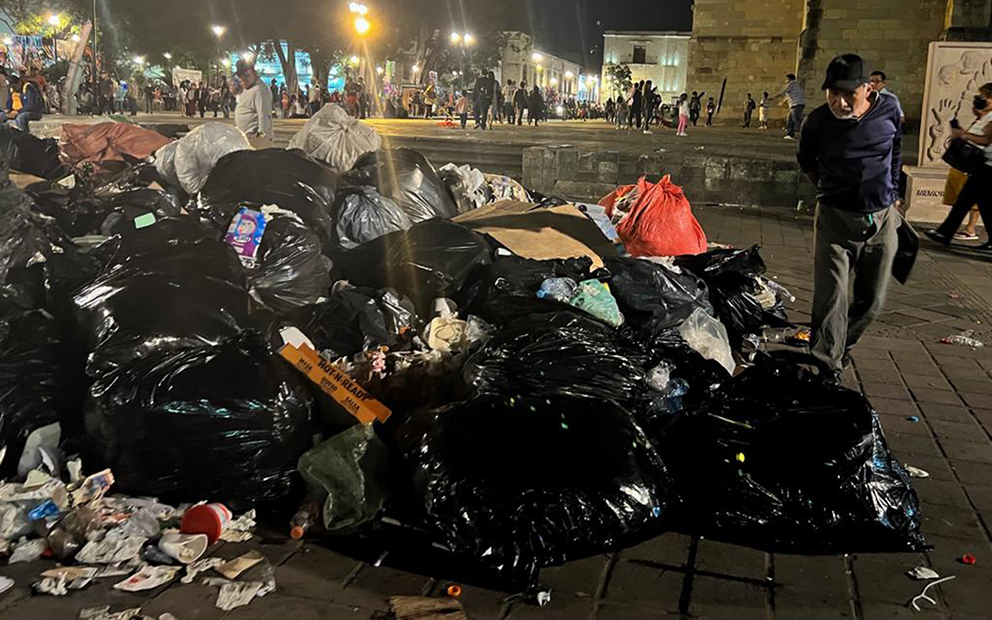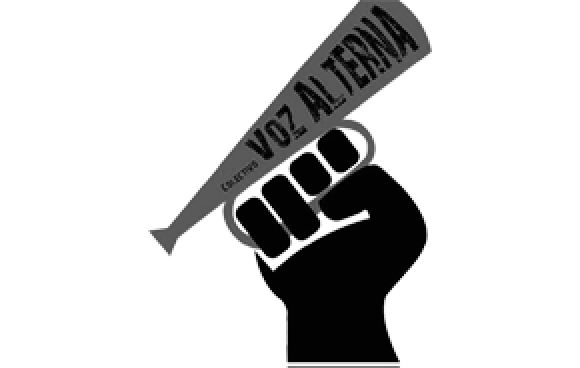Psychiatric confinement in Mexico violates rights of people with psychosocial disabilities
17 febrero, 2021
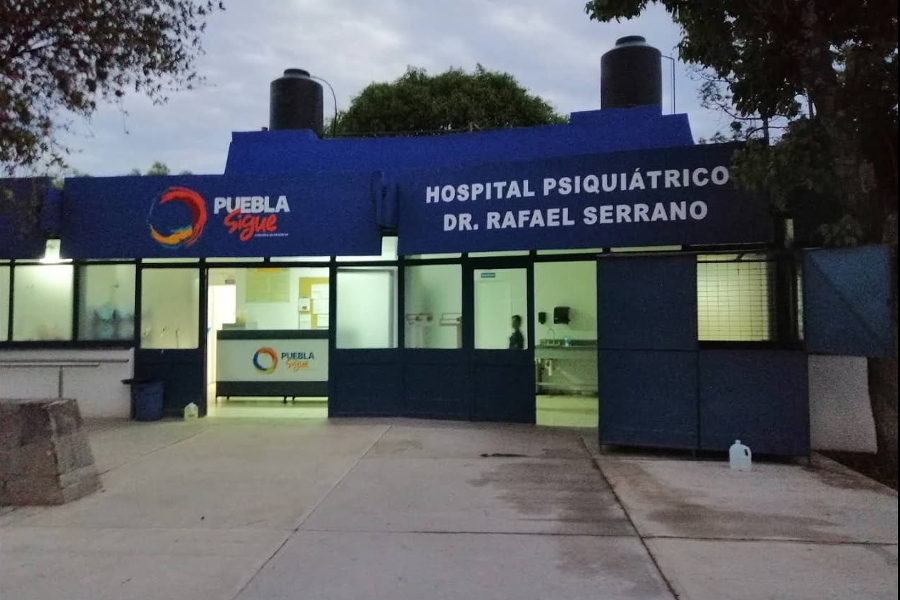
There is a humanitarian crisis in institutions for people with psychosocial disabilities, like the El Batán psychiatric hospital in Puebla. A new strategy that includes social and community rights must be adopted.
By Jorge Lanzagorta, originally published January 24, 2021
Translated by Dawn Marie Paley
«The first requirement, when you come to Batán and you’re new there, [is that] they tie you up by your upper and lower extremities with chains [for] 24 hours. At night, most of us were tied to our beds so that we couldn’t stand up.»
This is the testimony of Felipe Orozco Salazar, a 42 year old surgeon who has a schizoaffective disorder, which combines symptoms of schizophrenia with changes in mood. In 2018, Orozco was interned in the Psychiatric Hospital Dr. Rafael Serrano, known as El Batán, in the Mexican city of Puebla. There, he said, he suffered dehumanizing treatment.
El Batán is one of 55 mental asylums in México that has been found to violate the rights of people with psychosocial disabilities –people with a psychiatric diagnosis, to be exact– through forced sterilization, physical subjugation, and deaths due to medical negligence. This is according to Disability Rights International’s report Crimes Against Humanity Decades of Violence and Abuse in Mexican Institutions for Children and Adults with Disabilities that spans 2015 to 2019.
The report makes clear the urgent need to move from the biomedical or pharmacological model of mental health treatment to a social model, as is enshrined in the Convention on the Rights of Persons with Disabilities, to which México is signatory.
This new model, based on the right of every person, including those with psychosocial disabilities, to live in community and to receive medical attention and services in a community setting.
It’s important to note that the definition of psychosocial disability isn’t just used to refer to people with mental illness, but also, according to the World Health Organization, to people who “have suffered the negative social impacts including stigma, discrimination and exclusion” as a result of their diagnosis.
Violations in El Batán
The case of the Psychiatric Hospital Dr. Rafael Serrano in Puebla is alarming. The Disability Rights International (DRI) report found that the death rate among patients in the last two years is nearly 30 percent. At least 98 people with psychosocial disabilities have died, of the 300 who make up the population of the psychiatric hospital.
The director of the institution told DRI that the high death rate was related to the “bad use of psychotropic medicine,” thus admitting grave medical negligence.
In addition, a doctor told the DRI team that when mentally ill people are in a manic state, and have to be calmed, they are given “whatever is available” instead of the most effective medication.
It is worth noting that the former UN Special Rapporteur on Torture and Other Cruel, Inhuman or Degrading Treatment or Punishment, Juan E. Mendez, writes in the DRI report that “the most concerning finding of this report is the high level of impunity for the violations it outlines.”
Mendez argues that it is possible that these violations reach the level of crimes against humanity, since “the knowledge of a pattern of violations and the lack of institutional action on the part of México to correct these tremendous abuses goes far beyond criminally negligent conduct.”
Changing models
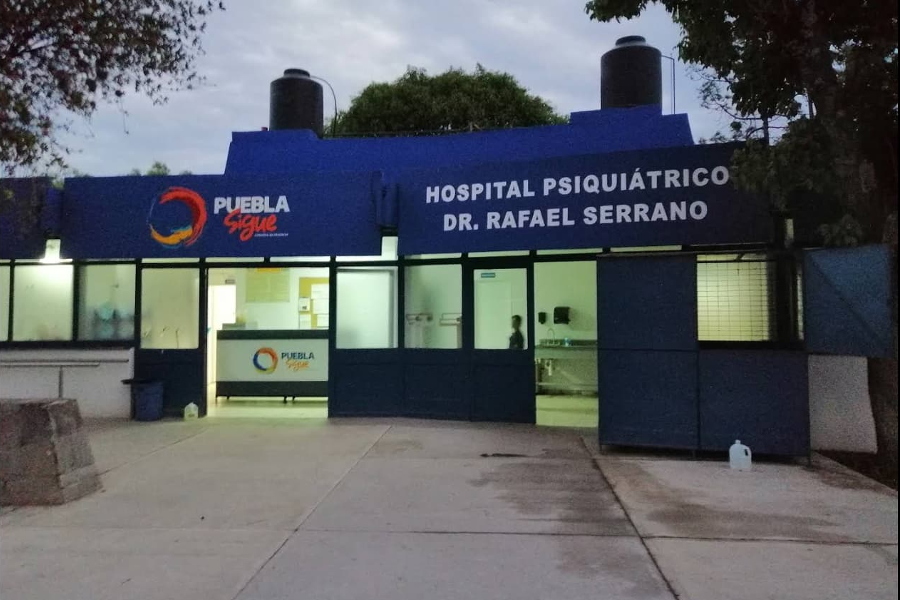
Víctor Lizama Sierra, from the organization Documenta AC, explained in an interview with Lado B that the current biomedical model for mental health doesn’t solve the problems related with mental health.
“It is a model with few results –especially as it relates to pharmacology– that is limited to attending patients in large psychiatric institutions, which justifies the restriction of the rights [of patients] in certain circumstances, and which favors institutionalization.”
Regardless, according to the report For good reason? Violations of human rights by mental health service providers in México, México still earmarks 80 per cent of its budget for mental health towards psychiatric centers.
The report also reports that México dedicates a tiny two percent of its health budget to mental health. The World Health Organization suggests that it should be at least 10 percent.
The means of attaining a psychiatric diagnosis under the biomedical model is widely questioned, said Lizama. It’s possible that many of these diagnoses aren’t actually caused by illnesses and that those suffering don’t need pharmacological treatment or to be confined at all.
In the DRI document, the directors of psychiatric institutions –which include El Batán– agree that the majority of those who are committed are not dangerous, do not have any medical or psychiatric reason to be confined, while also acknowledging that at times, confinement is inevitable.
“Someone who is delirious, hallucinating, very agitated, in a critical situation, or who has attempted suicide, must undergo intervention and/or be institutionalized in order for them to be stabilized,” said Lizama, who also noted that there are non-coercive ways of intervening.
Other ways to intervene
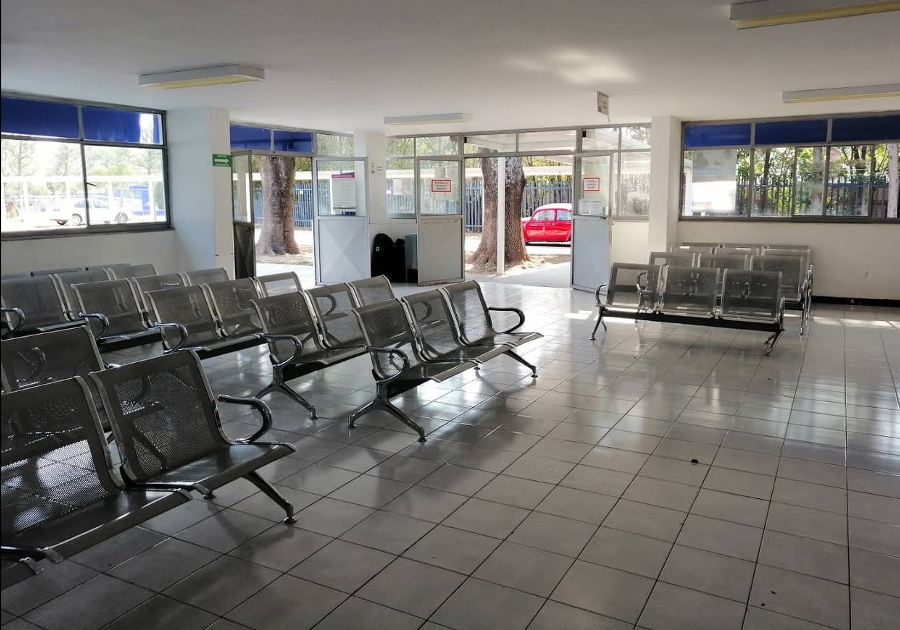
Doctor Felipe Orozco should never have been committed to El Batán, according to his first psychiatrist. But he only stayed in the psychiatric hospital for two months. Once his father became aware of the conditions his son was living in, he removed him from there.
His experience encouraged him decide to create a Club House in Puebla, a group that organizes recreational activities like going to the cinema or to the park, that include people with psychosocial disabilities in the community
Orozco also holds conferences to share information and destigmatize common beliefs around mental health. He is also part of the group Sin Colectivo and participates in the Citizen’s Council of Vulnerable Groups in the city of Puebla.
In Dr. Orozco’s case, family accompaniment and networks of support have allowed him to build this project so as to help other people. What Sin Colectivo –and other groups, like Documenta AC– are seeking is to provide information and accompaniment for people with psychosocial disabilities and their support networks.
Lizama notes that in order to change the social paradigm regarding the rights of people with disabilities, there must be changes made and accessibility must be sought, but overall, support systems for people with psychosocial disabilities must be created so that they can make decisions about their own lives, be part of the community, and build their own life projects.
“The process has to start with changing legislation and earmarking funds. That would help generate public policy with a focus on human rights and disability: their right to work, to education, to belong to the community, just as people with disabilities and the rest of the population do,” said Lizama.
This report was originally Published in LADOB web which is part of the Media Alliance organized by Red de Periodistas de a Pie. You can read it here.
Ayúdanos a sostener un periodismo ético y responsable, que sirva para construir mejores sociedades. Patrocina una historia y forma parte de nuestra comunidad.
Dona

